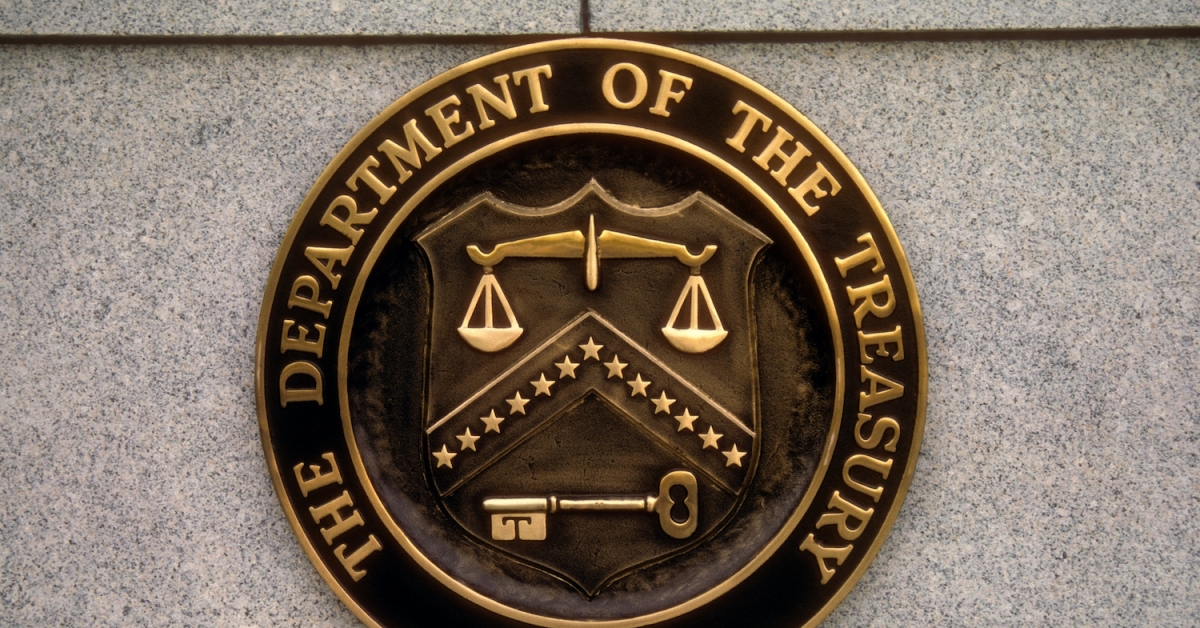U.S. Attorney’s Office Files Civil Forfeiture Action to Return $2.3M in Crypto Tied to 37 Scam Victims
/arc-photo-coindesk/arc2-prod/public/LXF2COBSKBCNHNRE3WTK2BZ7GE.png)
-
The U.S. Attorney’s Office in Massachusetts filed an action on Wednesday to return $2.3 million in cryptocurrency to victims of online scams.
-
The cryptocurrency was seized from two Binance accounts in Jan. 2024.
-
Investigators began tracing the funds after a Massachusetts resident became the victim of a “pig butchering” romance scam.
The United States Attorney’s Office in Massachusetts filed a civil forfeiture action on Wednesday aimed at returning $2.3 million in cryptocurrency to 37 victims of online scams and fraud.
The cryptocurrencies – which includes nearly 300,000 (USDC), 1.5 million (USDT), 102,000 (TRX), 3,000 (SOL), and 14,000 (ADA) – were seized from two Binance accounts in January, following an investigation last spring into a “pig butchering” scam targeting a Massachusetts resident. The victim of the scam was tricked into forking over $400,000 to the scammers, who transferred the funds to other wallets that investigators then connected to funds from the other 36 victims.
The civil forfeiture action is a required step in the forfeiture process that allows third parties to make claims to the property before the funds can eventually be returned to the victims.
The USAO’s action closely follows last week’s news that the U.S. Attorney’s Office in Chicago had seized $1.4 million in Tether from an unhosted virtual cryptocurrency wallet tied to a suspected tech support scam targeting the elderly.
Tether voluntarily assisted with the recovery of those assets, burning the funds tied to the alleged scammers and reissuing them in other, government-controlled wallets to be returned to the victims.
Edited by Nikhilesh De.








